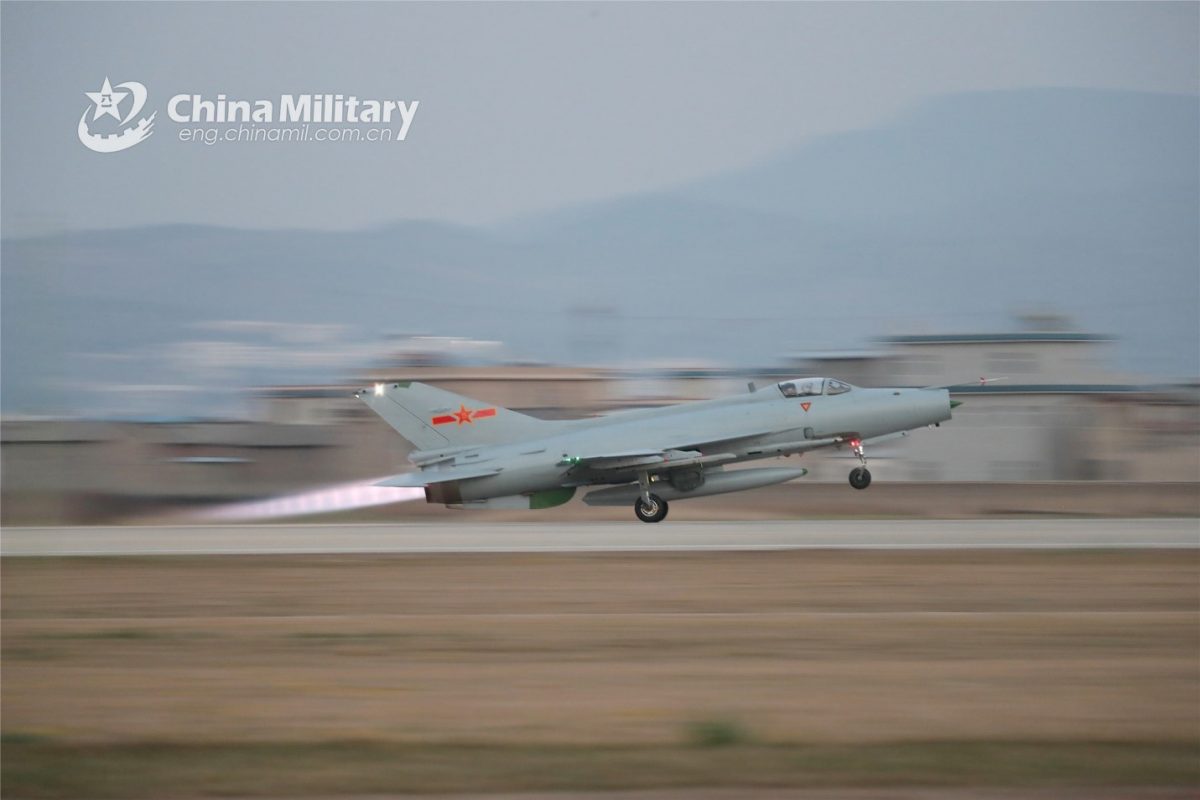Top U.S. intelligence officials, Army Lt. Gen. Scott Berrier, Director of the Defense Intelligence Agency, and Avril Haines, Director of national intelligence testified before the Senate Armed Services Committee on May 10, providing deeply disturbing insights into threats from China, Russia, Iran and various terrorist organizations.
General Berrier stressed that “The [Ukranian] invasion has demonstrated Russia’s intent to overturn the U.S.-led, rules-based, post-Cold War international order, expand its control over the former Soviet Union and reclaim what it regards as its rightful position on the world stage.” He noted that Russian military capabilities pose an existential threat to U.S. national security and that of our allies.
While some in the U.S. mistakenly think of China as a “competitor” rather than a military threat, the ruling Chinese Communist Party considers America a strategic enemy.
General Berrier reported that China’s military, which has already fielded sophisticated weapons and instituted major organizational reforms to enhance joint operations, is a credible, peer competitor in the Indo-Pacific region, He also emphasized that “China’s current nuclear force expansion is historic.”
“The United States faces military and intelligence threats from competitors, particularly Russia and China, who have, and are developing, new capabilities intended to contest, limit or exceed U.S. military advantage,” Berrier said. “State and non-state actors are selectively putting these capabilities into play globally and regionally. These capabilities also span all warfighting domains — maritime, land, air, electronic warfare, cyberspace information and space.”
The Senate Armed Forces Committee was informed that Russia’s and China’s capabilities include more lethal, ballistic and cruise missiles. China is growing nuclear stockpiles of modernized conventional forces and a range of gray-zone measures, such as the use of “ambiguous unconventional forces, foreign proxies, information manipulation, cyber-attacks and economic coercion.”
Director Haines told the Senate that China remains an unparalleled priority for the intelligence community. “The governments of China, Russia, Iran and North Korea have all demonstrated the capability and intent to promote their interests in ways that cut against U.S. and allied interests. ”
She reported that “The PRC is coming ever closer to being a peer competitor in areas of relevance to national security and is pushing to revise global norms and institutions to its advantage… They are challenging the United States in multiple arenas — economically, militarily and technologically.”
Russia’s failure to timely defeat Ukrainian forces could lead to escalation flashpoints, including increasing Russian attempts to interdict Western security assistance, and retaliation for Western economic sanctions.
Haines stated that “We believe that Moscow continues to use nuclear rhetoric to deter the United States and the West from increasing lethal aid to Ukraine…if Putin perceives that the United States is ignoring his threats, he may try to signal to Washington the heightened danger of its support to Ukraine by authorizing another large nuclear exercise, involving a major dispersal of mobile intercontinental missiles, heavy bombers strategic submarines…[However] We otherwise continue to believe President Putin would probably only authorize the use of nuclear weapons if he perceived an existential threat to the Russian state or regime.”
Haines said the danger from Moscow goes beyond Ukraine. “Moscow presents a serious cyber threat, a key space competitor one of the most serious foreign influence threats to the United States.”
A Department of Defense summary of the testimony warned that the “Russian government seeks to not only pursue its own interests, but also to divide Western alliances, undermine U.S. global standing, amplify discord inside the United States, and influence U.S. voters and decision making.”
Russia and China are not the only threats. Haines warns that the ” Iranian regime continues to threaten U.S. interests as it tries to erode U.S. influence in the Middle East and trench its influence, … project power in neighboring states and minimize threats to regime stability. Meanwhile, Kim Jong-un continues to steadily expand and enhance Pyongyang’s nuclear and conventional capabilities, targeting the United States and its allies, periodically using aggressive potentially destabilizing actions to reshape the regional security environment in his favor, and to reinforce its status quo as a de facto nuclear power.”
Photo: A fighter jet attached to an air force aviation unit under the PLA Southern Theatre Command takes off in an around-the-clock flight training exercise on April 18, 2022. (eng.chinamil.com.cn/Photo by Huang Rongkai)
